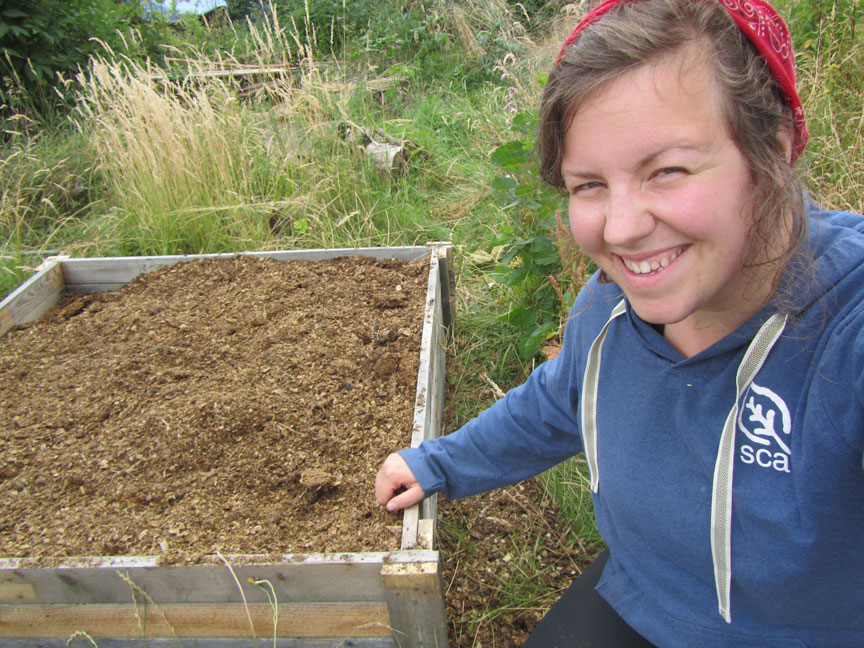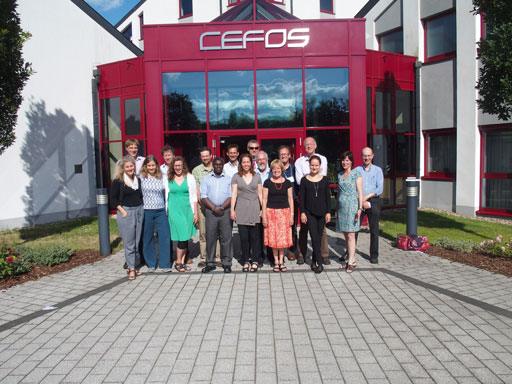 Robin Miller, a dual degree student in the MBA and MS in Environmental Science and Policy program, has made the most of her time at Clark University. Actively involved in a number of student clubs and activities, she recently returned from a summer trip to Luxembourg and Belgium, having been selected to participate in an international workshop for governments and organizations to discuss the opportunities and challenges of transitioning to cleaner, more sustainable energy sources.
Robin Miller, a dual degree student in the MBA and MS in Environmental Science and Policy program, has made the most of her time at Clark University. Actively involved in a number of student clubs and activities, she recently returned from a summer trip to Luxembourg and Belgium, having been selected to participate in an international workshop for governments and organizations to discuss the opportunities and challenges of transitioning to cleaner, more sustainable energy sources.
“This was a really great opportunity for me,” Miller said. “Professor Halina Brown invited me to participate and help set up the logistics, and I jumped at the chance.”
The workshop was attended by 20 international researchers and policy makers, and was co-sponsored by a number of research organizations including Clark, the University of Vermont, Helmholtz Alliances, and Sustainable Consumption and Research and Action Initiative (SORAI).
“As we move to cleaner energy sources,” said Professor Brown, “there are big questions about infrastructure, policy, and centralized electrical grids.”
A major focus at the conference were case studies presented from Germany and Vermont, two locations which have begun practices aimed at moving towards cleaner energy sources. They served as real-world examples of the kind of challenges and opportunities that arise as energy transition takes place at a large scale.
 “We know that supply is the focus when it comes to energy concerns,” said Professor Brown, “but as we move towards newer, cleaner sources for that supply we also want to see if there are opportunities for reducing the demand.”
“We know that supply is the focus when it comes to energy concerns,” said Professor Brown, “but as we move towards newer, cleaner sources for that supply we also want to see if there are opportunities for reducing the demand.”
A report based on the workshop discussion is now available here.
Miller became interested in issues of sustainable and socially responsible investing during an internship with Breckenridge Capital Advisors in Boston. During her time with the fixed-income asset management firm, she and two other interns studied the impacts of drought on credit risk in the Southwest and Great Plains.
“That experience was great for me because it was the perfect combination of my undergraduate background in public administration and my graduate programs in business and environmental science,” Miller recalled.

